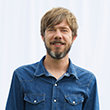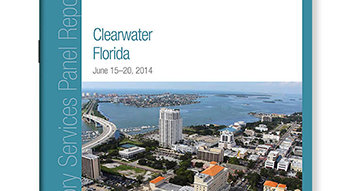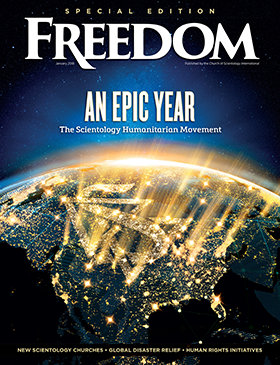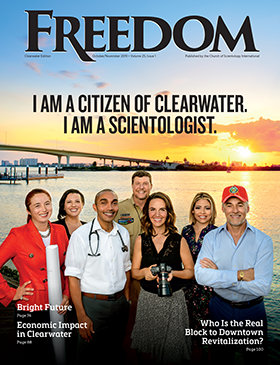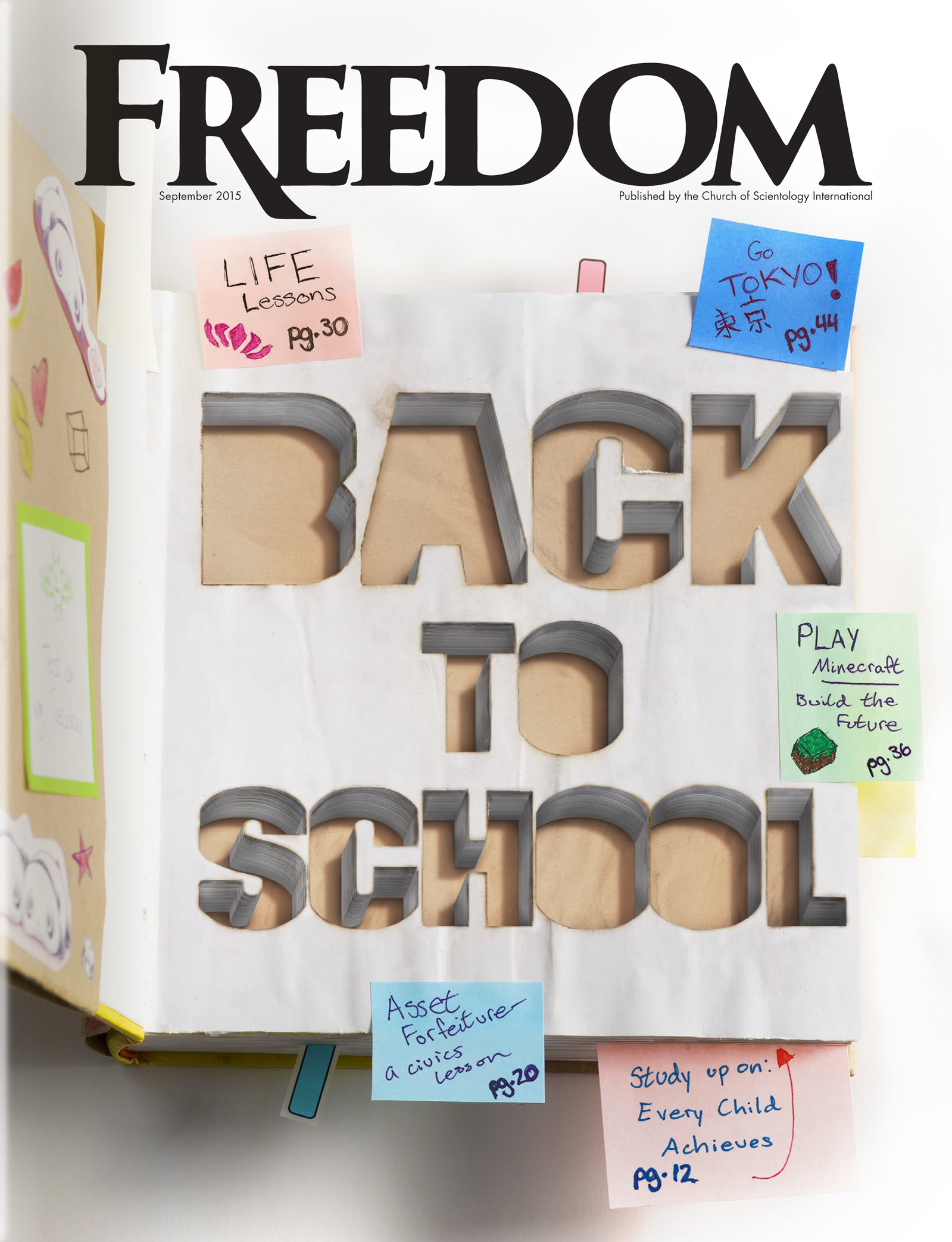
It’s about time—really, it’s time—that we do something about the state of American public education. It’s easy to suppose this is a 21st-century problem, brought on by screens dominating daily life, reality TV, the Republicans, no the Democrats!—whatever. But it’s not.
I love the ‘Golden Girls,’ a sitcom about four blue-haired ladies living together in Miami that ran from 1985-1992. Say what you want, but this show has some wicked smart moments. It was also ahead of its time in tackling controversial social issues.
Recently, a rerun aired in which the U.S. President—George H. W. Bush in 1990—is visiting South Florida and stops by the Golden Girls’ house for a photo op. Dorothy, one of the characters, is a teacher, and uses the meeting with the ‘education president’ to speak her mind. “There is inadequate funding,” she says. “I see illiteracy. I see dropouts. I see kids who can’t even find India on a map.”
Remember, this was 25 years ago.
The show reminded me that the issues underlying Every Child Achieves, the subject of our cover story, are not new, and that the widespread distress over the state of education in America is longstanding and deeply entrenched. But this is something that I knew already.
I am a mother, of a beautifully gifted child who doesn’t fit in a box. Public school didn’t work for her—not because she didn’t ‘test well’ or the curriculum was faulty, and the reasons really don’t matter. Bottom line—its distributed ‘one size fits all’ approach wasn’t suitable. Fortunately, I had the will and the resources to find and provide an alternative, and so she is flourishing.
But not every American family can pay for private school, or has the time to homeschool their kids. The vast majority absolutely do not—and that is a problem. The solution? That’s a complicated issue on which many and varied perspectives must be brought to bear.
Freedom issues a call to action to this fine nation—and the many great minds and powers it wields—to take meaningful steps toward finding it, before another quarter century and four more presidents pass to history. By then, it might be too late.
Elsewhere, private interests are taking on public education, as you’ll see in our story about VidyaGyan Leadership Academy in India. (Can you find it on a map?) Billionaire Shiv Nadar created a free boarding school that enrolls 2,000 Indian children from impoverished rural communities, but with great aptitude. It’s a place where they can overcome their challenging backgrounds to aspire and excel, and it’s Nadar’s idea that these kids will go on to be multipliers—about the role of leadership, the power of hope, and the importance of not letting inherent potential—a child’s or any kind—rot on the vine.
Obviously, private interests throwing cash at the problem can’t ‘fix education’ in India or anywhere. But Nadar’s example is one that can inspire us, as a step in the right direction and for the fact that it is a novel approach.
Because while Every Child Achieves and measures like it are a step in the right direction here in America, it’s unlikely that any bureaucratic solution can fully address what is essentially a human problem. The issues debated in our cover story—the tit for tat about tests—remind me of something else. Most everyone I know realized as ‘grown ups’ that much of the knowledge and skill that influenced their degree of success and happiness in life was not gained in any classroom or derived from any syllabus. What truly empowered them was experience, practice, trial and error, and the interactions they had along the way—with teachers, mentors, friends and associates. Those relationships, forged in the ‘school of life’ and building on the quality and character of the nest they had to fly from, determined their life-readiness, their attitude and ultimately their outcomes.
Outcomes are a thing the Church of Scientology focuses on—always—in its religious mission and in its humanitarian work. Specifically, influencing them through educational programs of its own, including The Truth About Drugs and Youth for Human Rights International. You can read about the recent activities of both in this month’s issue.
All of Scientology’s social betterment programs—and of course the religion itself—expanded their scope, reach and presence in Asia last month, in a big way, with the opening of the new Scientology Ideal Org in Tokyo. That story is ‘Big in Japan.’
Big everywhere is the computer game Minecraft—and make no mistake, gaming can be more than play. In this month’s Perspective, Freedom covers an innovative partnership between the United Nations and Mojang, Minecraft’s developer, that engages young people in community building and demonstrates the transformative effects of applying a new tool to an old problem.
That’s what we really need to educate, empower and equip America’s children to go forth and build a happy, productive future for themselves and for us all: Some disruptive thinking. A new approach. New tools that we can practically apply and that will actually work.
Every Child Achieves is a new tool, but just one, and whether it will work is something on which we’ll have to wait and see. As Scientology Founder L. Ron Hubbard put it in ‘Be Competent,’ this month’s essay, “Learning bears fruit when it is applied. Wisdom, of course, can be pursued for its own sake: there is even a kind of beauty in it. But, truth told, one never really knows if he is wise or not until he sees the results.”
—Jennifer Lankheim
Editor







